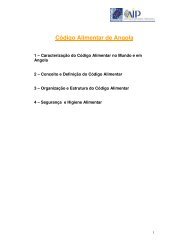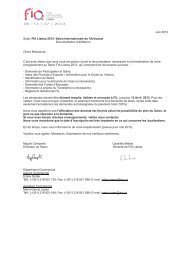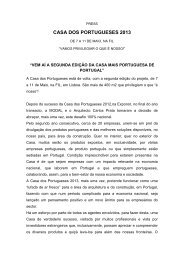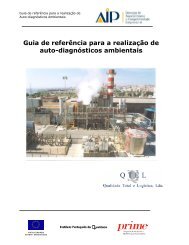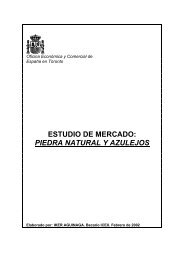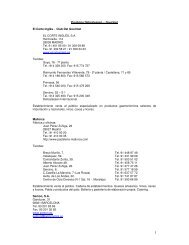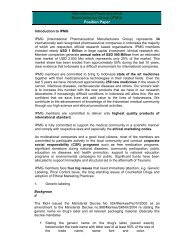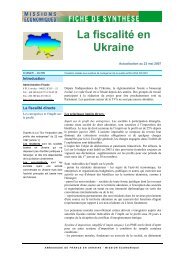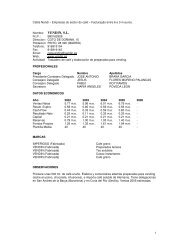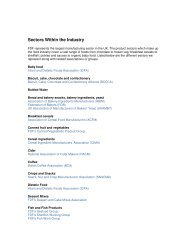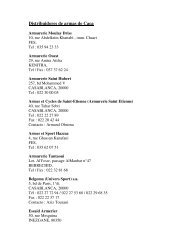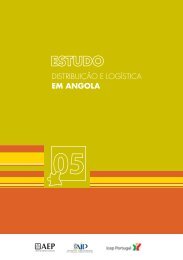Doing Business In (Insert Country Name Here)
Doing Business In (Insert Country Name Here)
Doing Business In (Insert Country Name Here)
You also want an ePaper? Increase the reach of your titles
YUMPU automatically turns print PDFs into web optimized ePapers that Google loves.
foreign investors to 30 percent of the workforce, and require Angolan and expatriate staffwith the same jobs and responsibilities to receive the same salaries. <strong>In</strong>ternational oilcompanies are working with the government on a new local content initiative that willestablish more explicit sourcing requirements for the petroleum sector. The PetroleumMinistry expects this in the near future. Oil service companies may meet theserequirements by partnering with local Angolan firms, hiring more Angolan employees, orsubstituting locally products or services for imports. Foreign investors can set up fullyownedsubsidiaries in many sectors, and frequently are encouraged, but not required, totake on local partners.<strong>In</strong> the oil and diamond sectors, companies are expected to invest in infrastructure andsocial services to benefit local communities, constructing schools, equipping hospitals,or funding micro-credit programs. When signing contracts for new concessions, oilcompanies commit themselves to paying a “social bonuses” destined for such projects,.<strong>In</strong> the diamond industry, foreign investors and the government share an informalunderstanding that the foreign investor should invest in social projects for the localpopulation in the province or region of the investment. The government also encouragesdownstream investments in facilities such as refineries and diamond processing plants.A July 2004 rule requires an Environmental Impact Study for investments in petroleum,mining, road construction or power stations. Before projects can be licensed, companiesmust submit their Environmental Impact Studies to the Ministry of Urbanism andEnvironment for approval.Right to Private Ownership and Establishment Return to topForeign and domestic private entities have the right to establish, acquire, and dispose ofinterests in business enterprises. Public enterprises hold some practical advantages inaccess to markets and credit. All non-urban and some urban land is ultimately understate ownership, but can be leased to private entities. Regulations to implement the2004 land tenure law should clarify land use and ownership, but these regulations havenot yet been issued. Rights to explore and produce oil and diamonds are granted forlimited periods of time and only as partnerships between private companies and theresource owners, the Angolan parastatals, Sonangol and Endiama. Diamond explorationconcessions normally granted for three to five years, with the possibility of extension.Diamond production contracts are negotiated following a viable discovery. Oilexploration concessions normally last for ten years. The government allows andencourages public-private partnerships and participation of private investors in publicutilities such as electricity and water. For example, private companies have gainedoperator rights, as concessionaires, to hydroelectric dams and terminals in the Port ofLuanda.Protection of Property Rights Return to topINTELLECTUAL PROPERTYAngola has basic intellectual property rights protection and is working to strengthenexisting legislation and enforcement. While current protection is weak due to a lack ofenforcement capacity, in 2006 the Government’s economic police confiscated anddestroyed small amounts of pirated goods, such as DVDs, music cassettes andpharmaceuticals. Angola’s National Assembly adopted the Paris Convention for the2/13/2007



